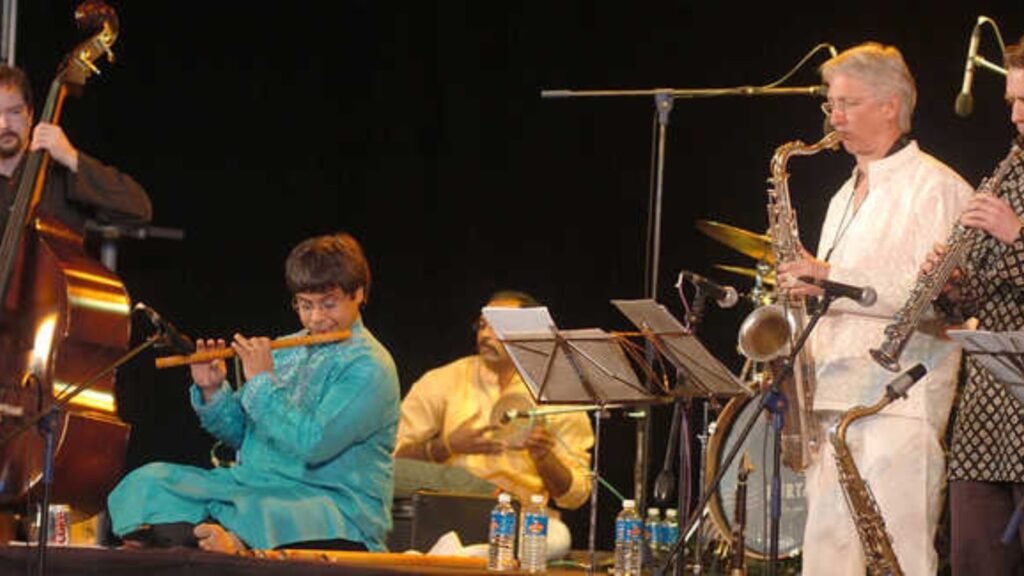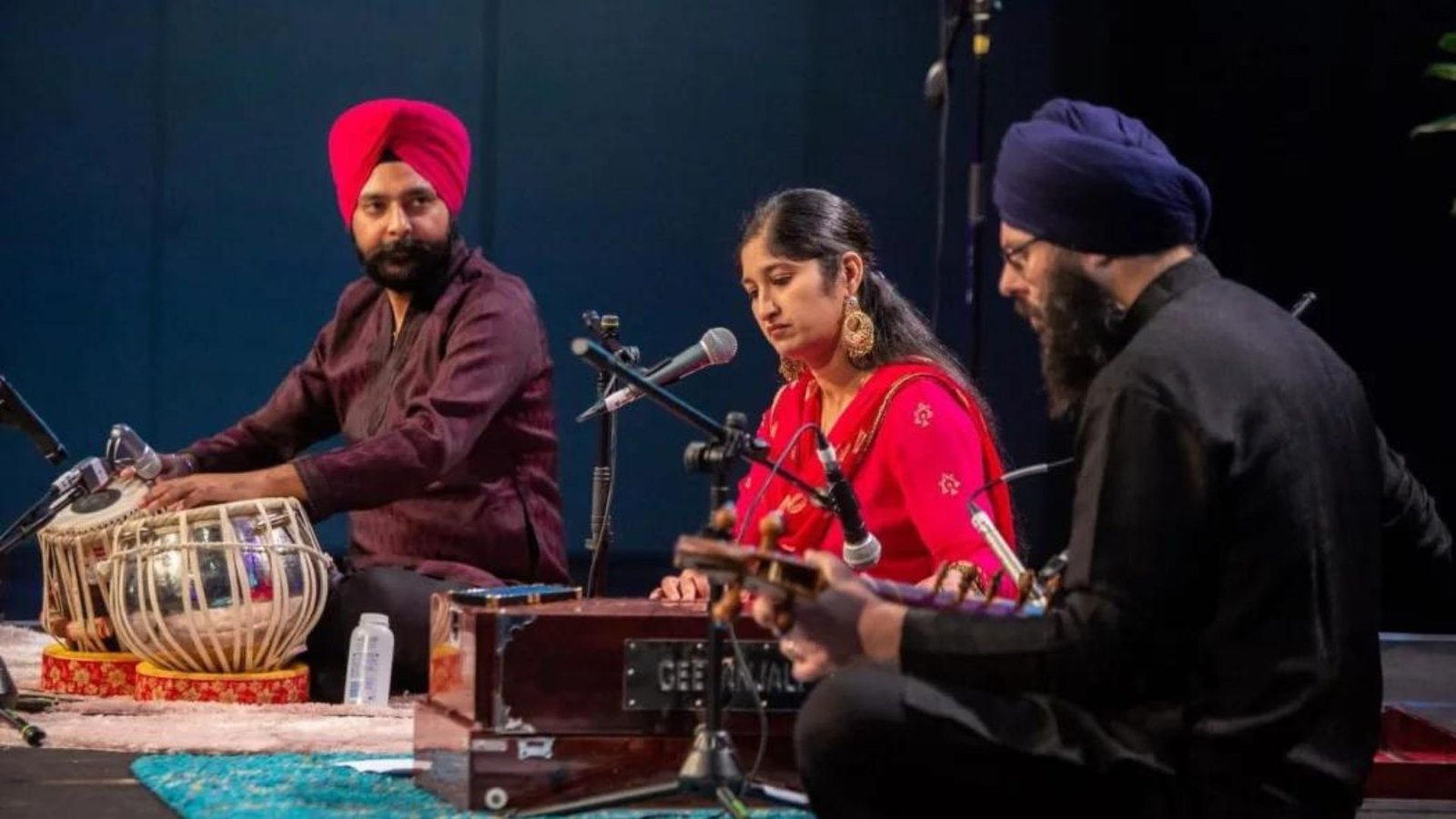The diversity of Indian music genres is vast and fascinating. From classical to folk, India boasts a rich tapestry of musical styles that reflect its cultural heritage. To truly appreciate this diversity, you need to explore and understand the various genres. Here’s how you can deepen your appreciation for the diversity of Indian music genres.
1. Listen to Different Genres
The first step in appreciating the diversity of Indian music genres is to listen to a variety of styles. India’s music scene includes classical genres like Hindustani and Carnatic, as well as folk traditions from different regions. Start by exploring recordings of these genres. For instance, listening to a Hindustani raga performance and a Carnatic kriti will give you a sense of the distinct characteristics of these classical styles.

2. Attend Live Performances
Attending live performances is an excellent way to experience the diversity of Indian music genres firsthand. Look for concerts, festivals, and cultural events in your area that showcase different musical styles. Live performances offer a dynamic experience that recordings alone cannot provide. You’ll get to see musicians in action and feel the energy of the performance.
3. Explore Regional Variations
Indian music is deeply regional, with each area having its musical traditions and styles. For example, the bhangra from Punjab and the Lavani from Maharashtra are both unique forms of folk music. To appreciate this diversity, explore music from different regions and learn about their local instruments, rhythms, and melodies.
4. Learn About Music Theory
Understanding the basics of Indian music theory can enhance your appreciation of its diversity. Indian music theory involves concepts like ragas (melodic frameworks) and talas (rhythmic cycles). Familiarize yourself with these concepts to better understand how different genres are structured and how they convey emotions and stories.
5. Study the History of Indian Music
The history of Indian music is rich and varied, with influences from various cultures and periods. Learning about the historical evolution of different music genres can provide context and depth to your appreciation. For example, studying the Mughal influence on Indian classical music can help you understand the development of certain styles.
6. Read Books and Articles
Books and articles on Indian music can offer detailed insights into its diverse genres. Look for publications that cover the history, theory, and practice of Indian music. Reading about different genres and their development will give you a broader perspective on their significance and diversity.
7. Take Music Lessons
If you’re passionate about Indian music, consider taking lessons from a qualified teacher. Learning to play an instrument or sing in a particular style will give you a deeper understanding of that genre. Whether it’s the sitar, tabla, or a folk instrument, hands-on experience can greatly enhance your appreciation.
8. Join Music Communities
Engaging with music communities can expose you to a wider range of Indian music genres. Join online forums, social media groups, or local clubs dedicated to Indian music. These communities often share resources, discuss various styles, and recommend new music, helping you explore the diversity of Indian music genres.
9. Watch Documentaries
Documentaries about Indian music offer valuable insights into its diverse genres and traditions. They often feature interviews with musicians, performances, and discussions about different styles. Watching these documentaries can provide a visual and auditory understanding of the diversity within Indian music.
10. Attend Workshops and Seminars
Workshops and seminars on Indian music are great opportunities to learn directly from experts. These events often include demonstrations, lectures, and interactive sessions on different musical genres. Participating in these workshops can deepen your knowledge and appreciation of various styles.
11. Explore Music Fusion
Fusion music, which combines elements from different genres, can offer a fresh perspective on the diversity of Indian music. Listen to fusion projects that blend traditional Indian music with contemporary styles. This approach highlights how diverse genres can intersect and create new musical experiences.
12. Discover Regional Festivals
Regional music festivals often celebrate the unique styles and traditions of different areas. Attending these festivals allows you to experience local music and cultural practices. For instance, the Sufi music festivals in Rajasthan offer a deep dive into the region’s mystical musical traditions.
13. Analyze Lyrics and Themes
Different Indian music genres often have distinct lyrical themes and storytelling methods. Analyzing the lyrics and themes of songs from various genres can provide insights into their cultural significance and diversity. For example, folk songs might tell stories of daily life, while classical compositions might explore spiritual themes.
14. Experiment with Different Instruments
Playing different instruments can give you a new appreciation for the diversity of Indian music genres. Each instrument has its role and sound, contributing to the overall musical texture. Try experimenting with instruments like the harmonium, mridangam, or dholak to understand their unique contributions to Indian music.
15. Engage with Music Criticism
Reading music criticism and reviews can provide valuable perspectives on various genres. Critics often discuss the nuances and highlights of different styles, offering insights into their significance and impact. Engaging with these reviews can help you better understand and appreciate the diversity of Indian music genres.
Conclusion
Appreciating the diversity of Indian music genres involves exploring a wide range of styles, learning about their history and theory, and immersing yourself in live performances and recordings. By actively engaging with different genres, you can gain a deeper understanding and appreciation of the rich musical heritage India offers.

